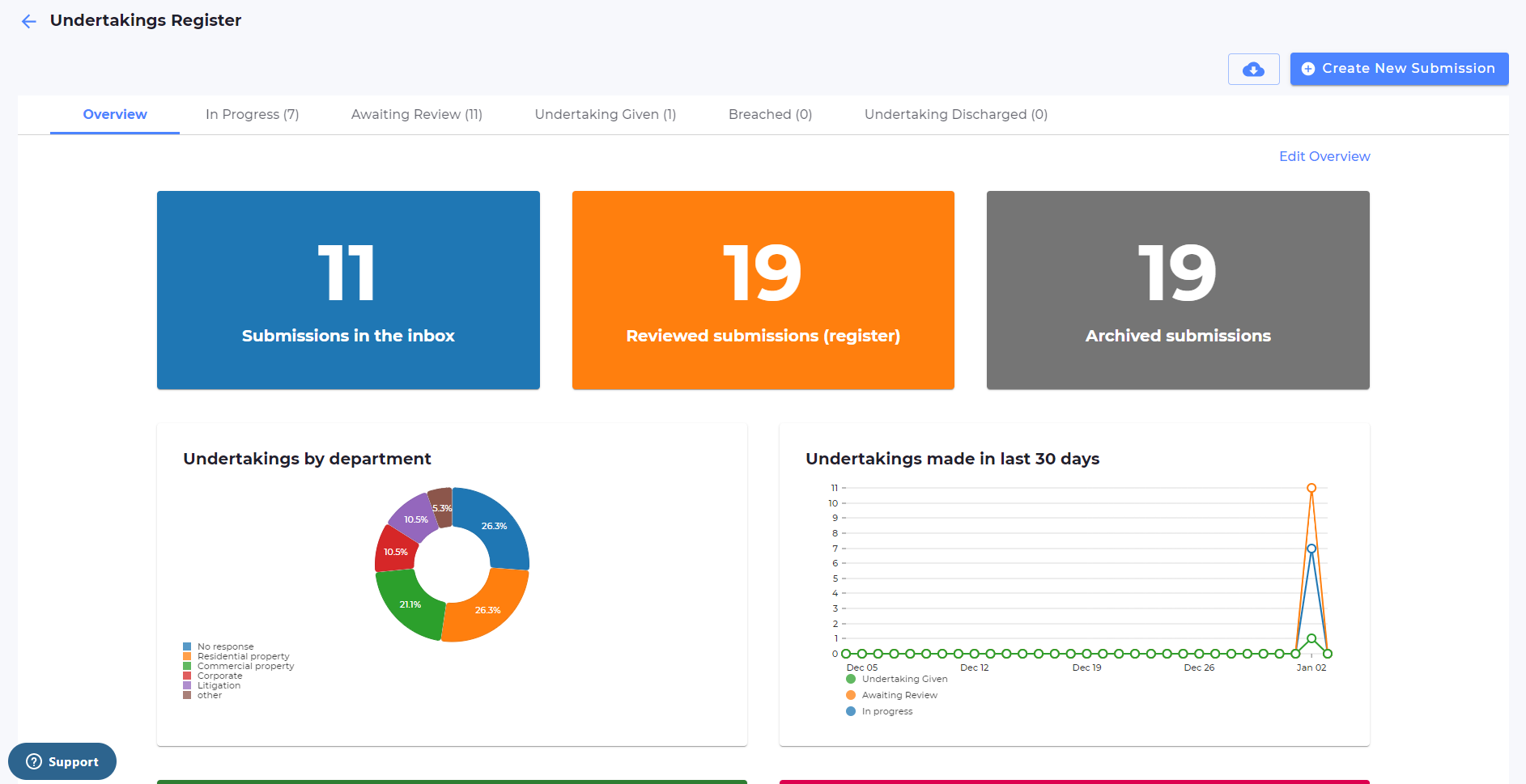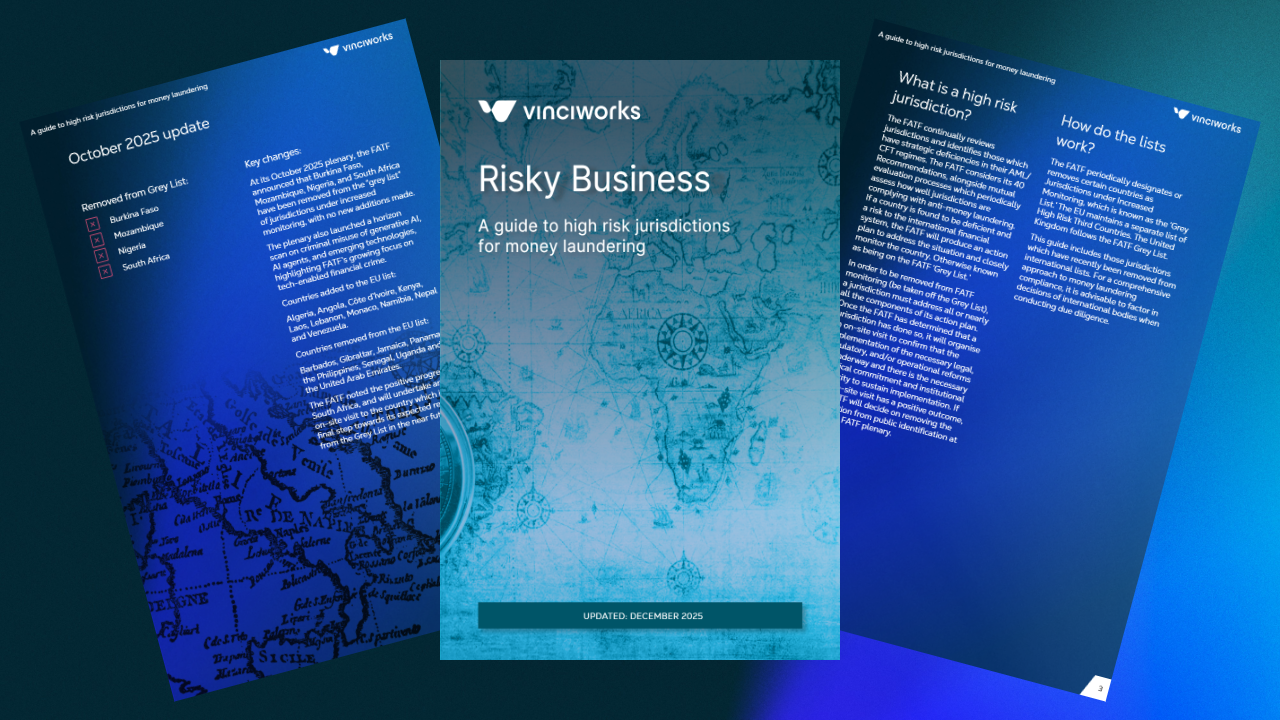- What are climate risks and opportunities for professional services firms? Learn how can you assess them and remain resilient.
Courses
Financial and Corporate Crime
Health and Safety
Performance and Leadership
InfoSec and Data Privacy
Diversity and Inclusion
Products
Products
-

Training
Deliver and track training with a modern, intuitive LMS.
-

Managing
Edit, customise, and publish courses directly from the Portal.
-

Tracking
Capture disclosures, run workflows, and automate compliance reporting.
-

Consulting
Outsourced compliance support to assess risk, update policies, and meet requirements.


























